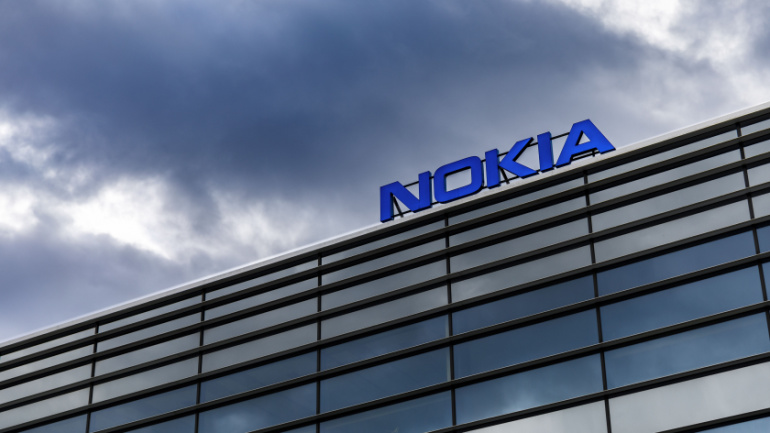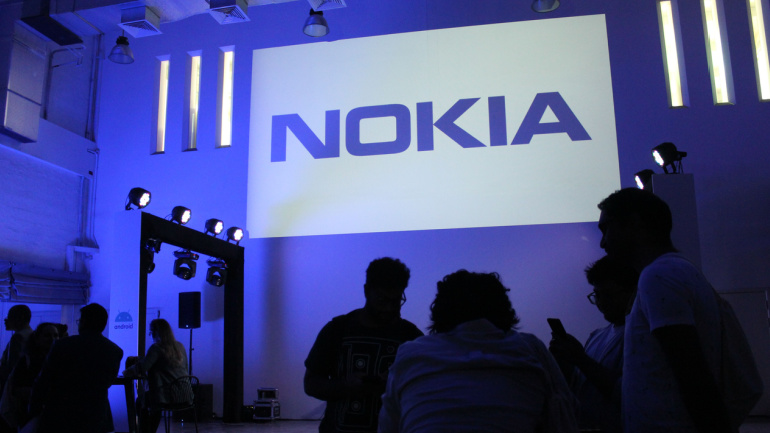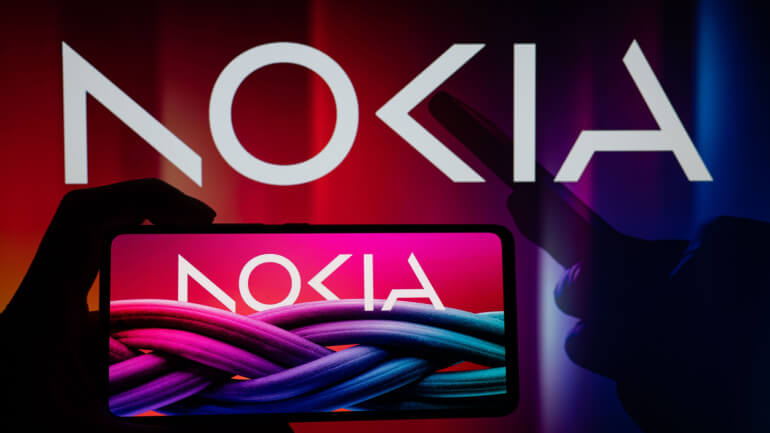Telefonica teams up with Nokia in a bold move to investigate the application of private mobile networks within Latin American businesses. They aim to foster digital transformation across “promising industries”, including ports, energy, mining, and manufacturing. Despite 5G’s infancy in the region, Ericsson’s recent report suggests a promising future, predicting 5G will constitute 42% of all mobile subscriptions by 2028. Meanwhile, Nokia’s data reveals that a whopping 80% of companies implementing their industrial-grade private wireless solutions expect a positive return on investment within six months.
Nokia breaks 5G speed records at Finland’s OuluZone facility, demonstrating mmWave technology’s potential to overcome traditional limitations. Impressive 2.1 Gbps FWA downlink speeds achieved may soon enable operators to deliver widespread, multi-gigabit broadband coverage.
Nokia’s recent summer launches showcase significant advancements in their AirScale portfolio, utilizing ReefShark chips and optimization for 5G SA and 5G-Advanced. Additionally, their AI-powered network management solutions ensure increased efficiency for future network evolution.
Virgin Media O2 extends its RAN deal with Nokia, enhancing 4G and 5G coverage in the UK, while exploring potential 5G cloud RAN pilots. This partnership diversifies vendors and supports the nation’s digital transformation.
EE enhances 4G coverage by deploying small cells across UK towns and cities, reducing congestion and increasing capacity in high traffic areas. Utilizing advanced network analytics and Nokia’s 4G technology, EE aims to seamlessly integrate small cells into its future 5G network.
HMD Global unveils Nokia 2660 Flip in Pop Pink and Lush Green, catering to a growing demand for simpler devices to minimize screen time and foster mental wellbeing. These flip phones offer limited features with long-lasting battery life, appealing to tech-savvy generations seeking a balanced digital lifestyle.
Nokia’s innovative drone-in-a-box solution gains traction as Belgian B2B provider Citymesh implements a nationwide drone network to aid emergency services, highlighting the potential success of B2B-led mobile operators.
Nokia and Claro Colombia join forces to deploy a cutting-edge private 4.9G wireless network at Sociedad Portuaria Puerto Bahía, enhancing mission-critical connectivity and on-premises data processing. This collaboration aims to strengthen port operations, optimize logistics, and support Colombia’s most advanced multipurpose maritime terminal in its digital transformation journey.
Nokia has released an update to its AVA Energy efficiency software, which now features improved algorithms and power-saving strategies, allowing communication service providers (CSPs) to achieve significant reductions in electricity use in their networks. The enhanced Nokia AVA Energy efficiency tool’s improved machine learning algorithms will allow CSPs to reduce power usage in their data centers, as well as network base stations, batteries and air conditioning units in telecom networks. Based on customer testing, Nokia AVA Energy efficiency software can reduce power use by up to 30%, which is an increase of around 10% from the original program. The upgraded solution enables operators to automatically shut down idle and underutilized equipment using algorithms. It also offers the possibility to entirely disconnect gear through remote power control modules. Businesses use Nokia’s AVA Energy efficiency software to reduce overall energy costs while addressing environmental sustainability issues in their operations.…
For the first time in over 60 years, Nokia, the Finnish manufacturer of telecom equipment, has unveiled its redesigned logo and brand identity. This shift underlines Nokia’s focus on fast expansion and its move away from the smartphone market towards corporate technologies. The new logo is made up of five distinct forms that create the word NOKIA, with the customary blue color of the previous logo being replaced with a variety of colors depending on the application. Nokia’s CEO, Pekka Lundmark, stated that the company’s focus had switched from selling equipment to telecom operators, to selling equipment to enterprises. The company intends to expand its service provider business, although its primary focus is currently on selling equipment to non-telecom businesses. Lundmark also stated that he plans to reassess the growth paths of Nokia’s various businesses, including divestment strategies if required. Nokia intends to expand into factory automation and…













